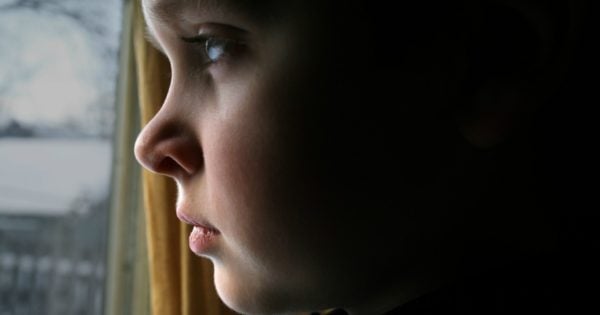Warning: This post contains mention of sexual and psychical abuse and may be triggering to some readers.
In the past week, it has been nearly impossible to turn on the news or flip through a newspaper without being confronted with high profile allegations of child sexual abuse.
As a result of the ongoing Royal Commission into Institutional Responses to Child Sexual Abuse, we know that in the last 35 years, 4,444 people reported to superiors within the church that they were victims of abuse.
LISTEN: The child sex-abuse survivor who fought back. Post continues below.
The data, which will be released in full at the end of 2017, also found that the average time between the alleged abuse taking place and the victim coming forward, was no less than 33 years.
The findings are overwhelming and horrific. To imagine the most vulnerable among us being preyed upon by those they trusted most, is a betrayal and a crime of unimaginable depravity.
As strong as our inclination might be to look away, and to imagine that child sex abuse is something that happens over ‘there’ to children we do not know, the evidence very much tells us otherwise.
We owe it to our children – to the children we love and care for – to know what signs to look out for.
Behavioural indicators
According to the South Eastern Centre Against Sexual Assault and Family Violence and the Queensland Government Department of Communities, Child Safety and Disability Services, there are a number of behavioural indicators to be aware of.



